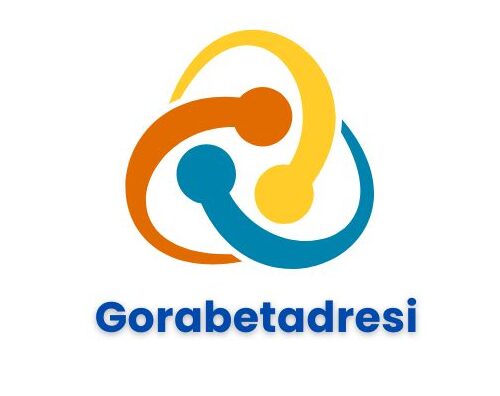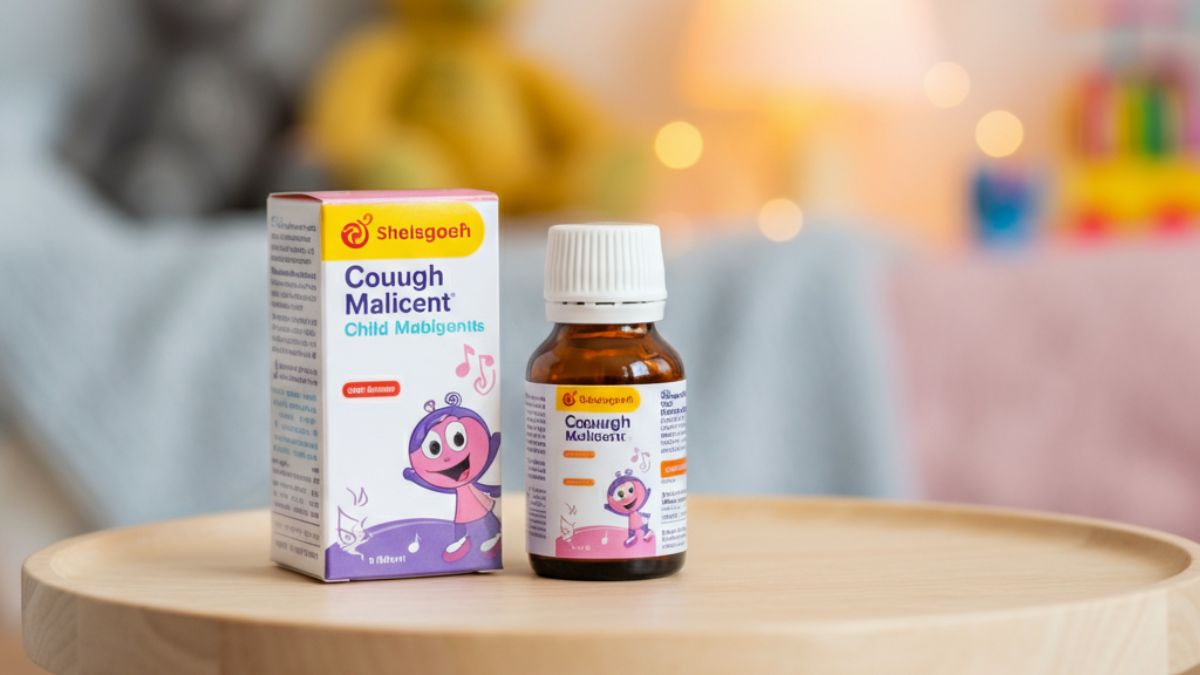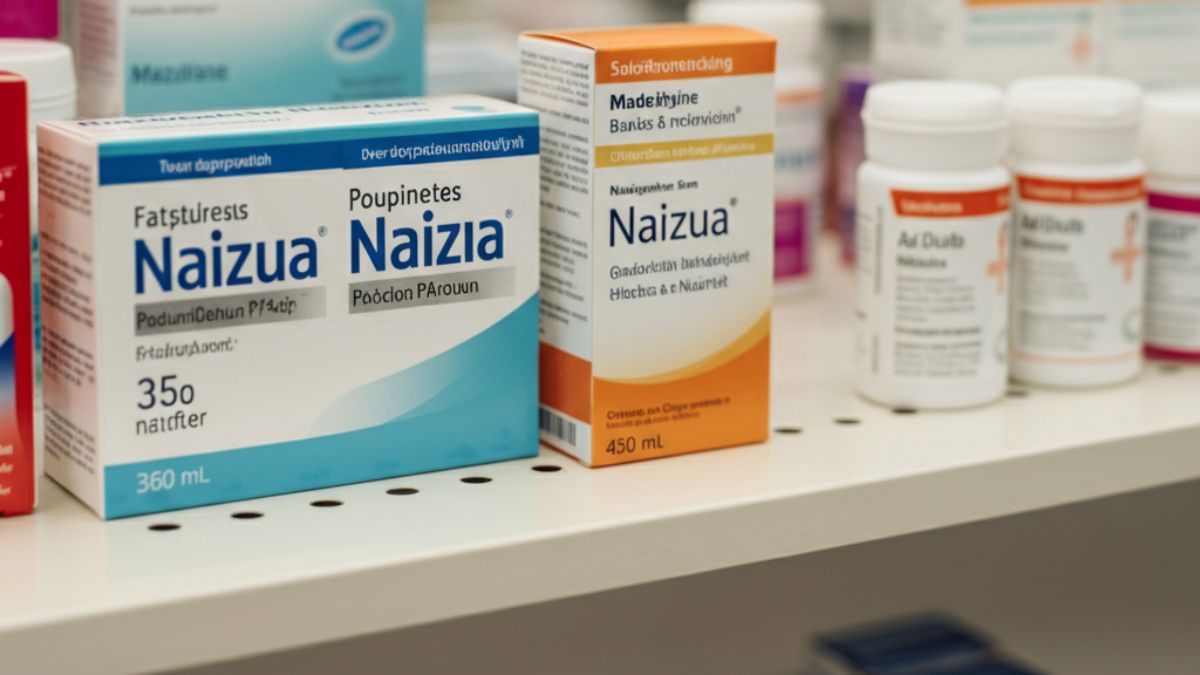When your child isn’t feeling well, and a nagging cough keeps them (and you) up at night, it’s natural to seek relief. Cough medicine for kids often feels like the quickest solution. But with so many options on store shelves and a ton of advice floating around, how do you know which cough medicine is effective, safe, or even necessary?
This blog will guide you through what you need to know about choosing cough medicine for kids, when to use it, and how to soothe their symptoms. Let’s clear up the confusion so you can make informed choices for your little one.
When Should You Give Your Child Cough Medicine?
Coughing is a common reflex that helps clear mucus, irritants, or germs from the airways. But not every cough requires medication. Before reaching for that bottle, consider the following situations where cough medicine may or may not be the best option.
When Should You Avoid Cough Medicine?
- Children under 4 years old: The FDA strongly advises against giving cough and cold medicine to kids younger than 4 without direction from a healthcare provider. The risks of side effects—like increased heart rate or drowsiness—outweigh potential benefits.
- Coughs from viral infections: Most childhood coughs are caused by viruses, such as colds, and they naturally resolve within a week or two. Cough medicine cannot “cure” the illness.
- Dry or mild coughs: Sometimes, the body needs to keep coughing to remove irritants or mucus. Suppressing a mild, productive cough may prolong the recovery process.
When Can You Consider Cough Medicine?
- Persistent nighttime coughs: If a cough interrupts your child’s sleep or leaves them visibly uncomfortable, it may warrant symptoms management. Look for specifically labeled “pediatric” cough medication made for their age group.
- Doctor-approved treatment: For certain conditions, such as postnasal drip or allergies, your pediatrician may recommend a suitable medicine to ease symptoms.
Types of Cough Medicine for Children
Not all cough medicine for kids are created equal. Here’s a breakdown of the most common types available and how they work.
1. Expectorants
- How It Works: Expectorants (e.g., guaifenesin) thin mucus, making it easier to cough it out.
- Best For: Wet coughs with thick mucus.
- Caution: Ensure your child drinks plenty of fluids to help the expectorant work properly.
2. Cough Suppressants (Antitussives)
- How It Works: These medications reduce the cough reflex, meaning fewer coughs. Dextromethorphan is a common ingredient.
- Best For: Dry, persistent, and non-productive coughs.
- Caution: Suppressants aren’t recommended for kids under 4 and should be used sparingly in older children.
3. Combination Medicines
- How It Works: These multi-symptom treatments often contain a mix of decongestants, antihistamines, and cough suppressants.
- Best For: Multiple symptoms like cough, nasal congestion, and runny nose.
- Caution: Be careful with combination medicines, as they may lead to overmedicating if you’re already treating individual symptoms separately.
4. Honey-Based Remedies
- How It Works: Honey coats the throat and can help reduce coughing frequency. It’s a natural remedy backed by studies for children over 1 year old.
- Best For: Mild nighttime coughs.
- Caution: Never give honey to infants under 1 year, as it can cause infant botulism.
Safe Alternatives to Cough Medicine
Sometimes, the best remedies don’t come in a bottle. Natural approaches often soothe a child’s symptoms just as effectively and carry fewer risks.
1. Humidifiers
A cool-mist humidifier adds moisture to the air, helping to ease dry coughs and sore throats caused by dry air or irritation. Clean the humidifier regularly to prevent mold or bacteria buildup.
2. Saline Nasal Drops/Spray
If nasal congestion is contributing to coughing, saline drops can help clear out mucus and improve airflow.
3. Hydration
Drinking plenty of fluids helps thin mucus, making it easier for kids to cough it up. Water, warm broths, and certain herbal teas (age appropriate) work well.
4. Elevate Their Head
Sleeping with an elevated head (propped up with pillows) can minimize postnasal drip, which often triggers nighttime coughs.
5. Warm Beverages
For older children, a warm drink like tea with lemon and honey can provide relief for scratchy throats and reduce coughing spells.
What to Look for When Choosing Cough Medicine
When cough medicine is appropriate, choosing the right one is crucial for your child’s health and safety. Keep these tips in mind while shopping for medicine.
1. Check the Age Label
- Always follow the guidelines on the label for age and weight. Medications like dextromethorphan or guaifenesin often list specific doses for children.
2. Measure Accurately
- Use the dosing tool provided with the medication, such as a syringe or measuring cup, to prevent accidental underdosing or overdosing.
3. Avoid Unnecessary Ingredients
- Skip products with unnecessary additives like alcohol or artificial dyes. Look for clear labeling and simple formulas.
4. Consult Your Pediatrician
- If you’re unsure about which medicine to use—or how to use it—always seek professional advice.
Red Flags That Warrant a Doctor’s Visit
While most coughs in kids are harmless, some symptoms may point to a more serious illness. Call your doctor if your child experiences any of the following:
- High fever (above 102°F) that doesn’t subside.
- Persistent coughing lasting longer than three weeks.
- Difficulty breathing or wheezing.
- Coughing up blood or greenish mucus.
- Signs of dehydration, such as dark urine or sunken eyes.
Final Thoughts
Coughs may be frustrating, but sometimes they’re just part of your child’s recovery process. Knowing when and how to use cough medicine can save you a lot of worry while keeping your child safe.
When in doubt, consider trying natural alternatives like honey or a humidifier for mild cases. And always collaborate with your pediatrician when deciding on medical treatments.
Looking for more tips to ease your child’s cold or flu symptoms? Subscribe to our newsletter for expert parenting tips, recommended remedies, and more.
FAQs
1. Can I give my child adult cough medicine?
No, adult cough medicine is not recommended for children, as the dosage and active ingredients may be unsafe for them. Always choose medicines specifically formulated for your child’s age group.
2. At what age can my child use over-the-counter cough medicine?
Over-the-counter cough medicine is generally not recommended for children under 6 years old. For younger children, consult your pediatrician for safe alternatives.
3. What natural remedies can help soothe my child’s cough?
Natural remedies such as honey (for children over 1 year old), warm fluids, steam inhalation, and humidifiers can often help relieve mild cough symptoms.
4. When should I be concerned about my child’s cough?
If your child has trouble breathing, a high fever, persistent coughing, or other unusual symptoms, contact your healthcare provider immediately.
5. Is it normal for a cough to last a long time?
Some coughs can linger for weeks, especially following a viral infection. However, if the cough lasts more than three weeks or seems to worsen, consult your doctor to rule out other conditions like asthma or allergies.








